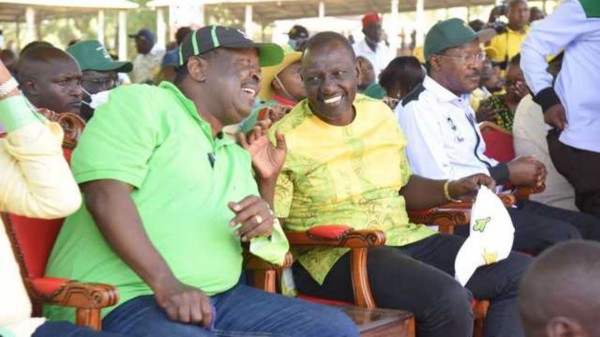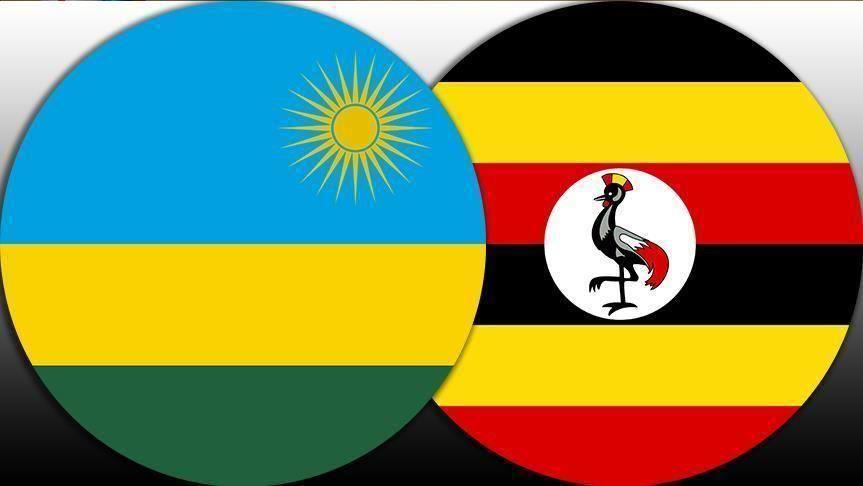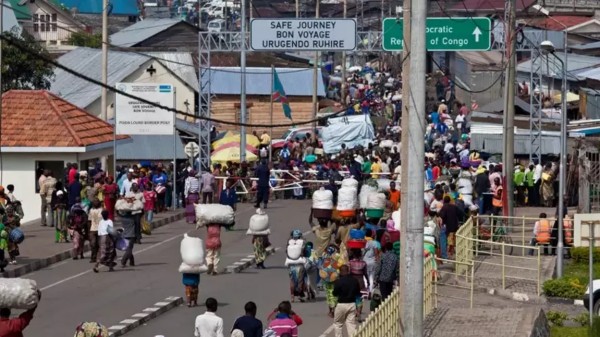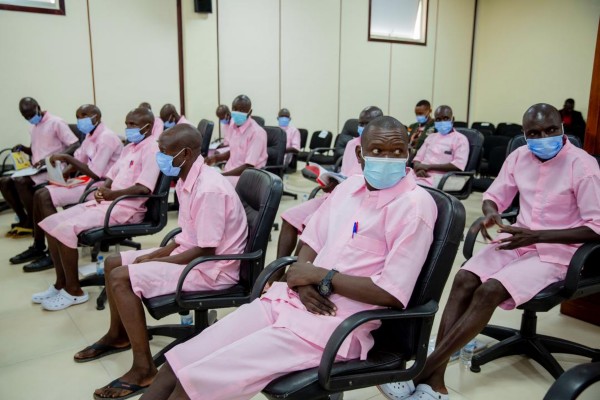Regional
Optimism following resumption of activity on Rwanda-Uganda border
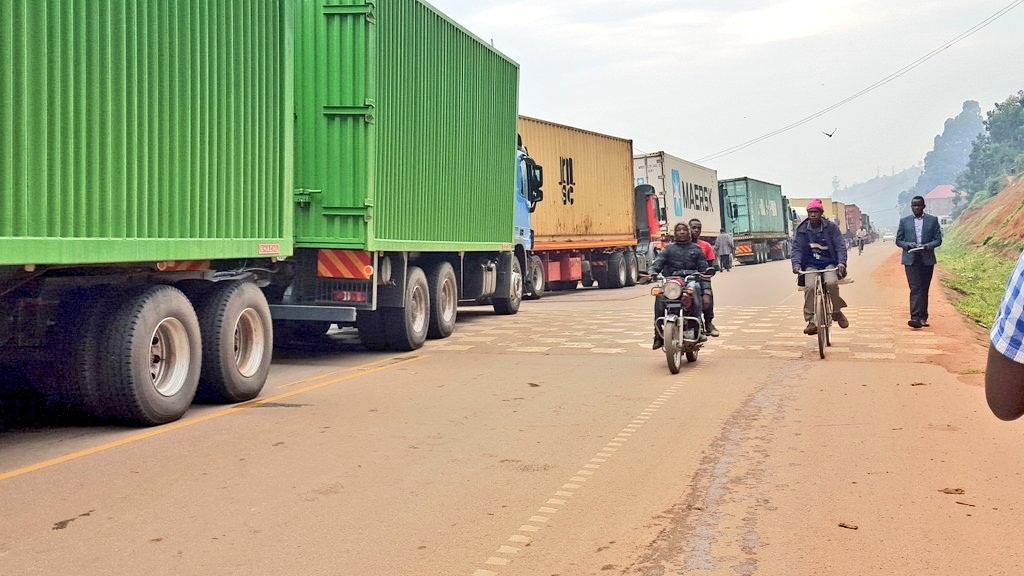
The official announcement of
the reopening of the Gatuna border by the Government of Rwanda generated a lot
of excitement from people in both countries.
The EAC commended the
development, saying it was a major win for the integration agenda.
It had been close to three
years since activities on the border between Rwanda and Uganda were frozen subsequent
to some serious concerns that could not allow cooperation between the
neighboring countries to thrive.
Consequently, despite their
highly inter-dependence status, trade and other interactions between the two
countries were brought close to nil. It also prompted a momentary disconnect
between the people.
It is therefore justified
that there was jubilation from both sides when the Rwandan Ministry of Foreign
Affairs announced that the main border would be open at the beginning of
February.
This decision was made
courtesy of headway by Uganda in addressing Rwanda’s grievances, despite the
fact that many of them are yet to be resolved
and this begs the question; should there be hope that things will soon be back
to normal between both countries? To some extent yes, and here is
why.
One of the quick wins of the
border reopening is the resumption of the free movement of goods, services and
people. For nearly three years, cargo trucks could not use the border, and
goods were subjected to some level of restrictions.
The sight of relief in most if not
all business operators in Uganda and Rwanda, is to see the trade transactions
growing back to at least what it used to be or even better. Their second
expectation is to see the current pandemic easing so as to allow the free
movement of people as a critical factor for small traders across the shared
border.
No one can deny the fact
that the border reopening represents one crucial factor in the business and
trade equations, starting by the market expansion element.
Countries always want to
develop, to boost the wealth of their people, innovations and overall growth.
The development process is a never ending course, there is always an extra mile
to go.
Countries always aim at
resolving outstanding issues and pave ways for positive developments to take
place. In the case of Rwanda and Uganda, the two countries are obliged to not
only resolve the outstanding issues that imposed the trade blockage but to look
at ways of catching up with the time lost.
Perhaps the best way to
catch up and to revamp trade between the two countries in a fashion that will
see the trade figures between the two neighbouring countries shoot up is to
reactivate the political will to drive the Northern Corridor Development
Projects that will see all countries of this important corridor benefiting.
The Northern Corridor
connects the hinterlands of Rwanda, Uganda, DRC and Burundi to the Kenyan Port
of Mombasa and this route was highly affected by the spec in the relations
between Rwanda and Uganda.
Revamping economic activity
on this corridor will inevitably ease trade within the region. The above
forecast shall also deepen regional integration through political consultations
and promote multilateral ventures for shared benefits.
The biggest winners will
definitely be the people of these respective countries. For this great
initiative to materialize, there is need for the political will of each member
state, and the need to translate the political will into concrete and
corresponding actions.
From the Rwanda- Uganda
conflicts, one thing has to be noted by all parties concerned. No country is
superior to another. All countries in the region are highly inter-dependent.
There is no small or big country in our balance of inter-dependence.
The people of Rwanda and
Uganda have understood it, and most of them have had to pay some good price for
this. Countries have made considerable losses.
The unfortunate state of affairs between the two countries will serve as a lesson and a strong basis on which some great development can be built on, with mutual respect.
The people of Rwanda and
Uganda should support the efforts of the normalization of cooperation between
Uganda and Rwanda if at all they want to keep their optimism for successful
business and social interactions.


